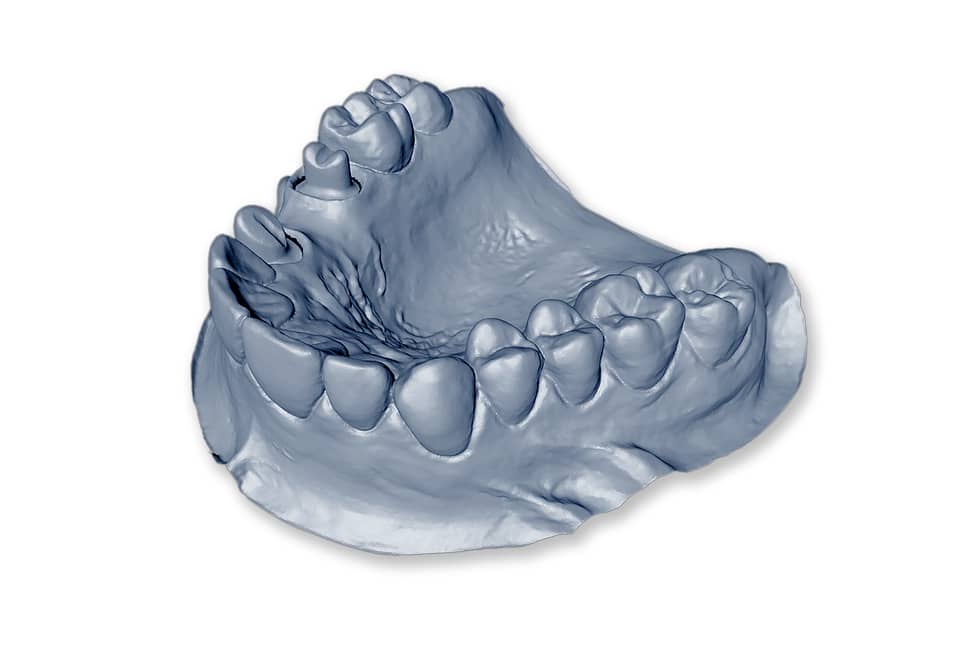
Dentures are good alternatives for missing natural teeth. However, dentures do not last a lifetime. At the most, dentures can last for 5 to 7 years. It is not that the dentures wear out; the problem is that the shape of the mouth changes due to changes taking place in the underlying bone structure. The good news is that even after the dentures loosen up, you can still use them after getting them relined. Denture reline, or repair is a procedure where the old dentures that you thought were useless will be reconditioned to suit your mouth.
What Does Relining Dentures Mean?
Denture relining is nothing but reconditioning of your old dentures where the sides of the denture that come in direct contact with the soft tissue in the gums are resurfaced. The need for a denture reline arises when there is bone resorption and the structure of the mouth changes. Once the denture is relined, it fits snugly and is quite secure, giving the wearer confidence. If dentures are not relined at the right time, there is the risk of dentures getting dislodged and causing embarrassment to the wearer.
It is advisable that one does not wait until the dentures loosen. Relining your dentures once in a year or at least once in 2 years is important lest the dentures loosen and cause problems. Ill-fitting dentures can cause discomfort and embarrassment.
Types of Reline
There are 3 types of relines
Hard Reline
Soft Reline
Tissue Conditioner
Hard Reline
Hard relines last longer and can be performed at a dentist’s office or in a laboratory. The reline does not take much time when done at the dentist’s office and the setting process or curing process can be done while the patient is present in the dentist’s office. Although it is a hard reline it is not as hard as the reline that is created in a lab.
A laboratory reline is probably the best type of reline and worth the wait. The plastic material needs to be processed and cured in the laboratory just like it was done when the denture was first made. The only problem is that the wearer must be without dentures for a few days until the newly relined dentures are ready.
Soft Reline
A soft reline is usually performed in the dentist’s office itself and the patient can wait until the process is completed and go back with the newly relined dentures. Soft reline is usually made from a material known as silicon elastomer, which can either be auto-polymerized or heat polymerized. The other material that is used in a soft reline is soft acrylic, which also can be auto-polymerized, or heat polymerized.
The silicon elastomer comes either in paste form or liquid form. The paste (polydimethyl siloxane) sets on condensation, before which it is heat cured. The liquid auto-cured silicon (dibutyl tindilurate) is easier to use. Soft acrylic liner is made of plasticized acrylic polymer. It is either set using a chemical reaction or through heating. It comes in powder and liquid form and is self-curing and sets by itself in a few minutes and can be prepared in the dentist’s office.
Tissue Conditioner
A tissue conditioner is made of soft plastic material and is normally used as a support for the denture. This is similar to denture paste and lasts for about 3 days and has to be reset again if required. The tissue conditioner acts as a cushion between the soft tissue in the gums and the dentures and absorbs the shock while chewing food. Tissue conditioners are used when the tissue is inflamed and causes irritation or pain to the patient. It helps in reducing the pain and offers good relief.
